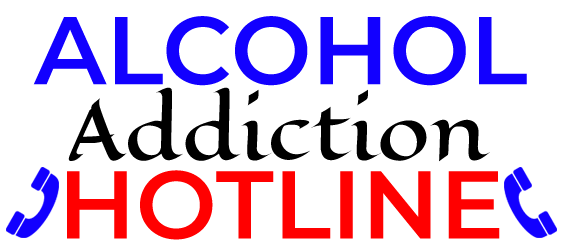Alcohol Withdrawal: What to Expect and How to Cope Safely
Quitting alcohol after prolonged and heavy use can trigger a range of physical and psychological symptoms known as alcohol withdrawal. While the decision to stop drinking is a positive step, it’s essential to understand the potential challenges of withdrawal and take the necessary precautions to ensure a safe and successful journey towards sobriety. In this blog post, we’ll explore what to expect during alcohol withdrawal and provide tips for coping safely.
Understanding Alcohol Withdrawal
Alcohol has a depressant effect on the central nervous system. When you stop drinking after regular and heavy consumption, your body needs time to readjust to functioning without the presence of alcohol. This adjustment period often leads to withdrawal symptoms, which can range from mild to severe depending on the extent of your alcohol use.
Common Withdrawal Symptoms
Alcohol withdrawal symptoms can vary widely from person to person, but some common symptoms include:
- Anxiety: Feelings of unease, restlessness, and nervousness are common during withdrawal.
- Tremors: Shaking of the hands, known as tremors, can occur due to the nervous system’s attempt to recalibrate.
- Nausea and Vomiting: Digestive disturbances are common, including nausea and vomiting.
- Insomnia: Difficulty falling asleep or staying asleep is a common withdrawal symptom.
- Sweating: Profuse sweating, especially at night, is a frequent occurrence during withdrawal.
- Increased Heart Rate: Heart palpitations and increased heart rate can be experienced.
- Hallucinations: In severe cases, some individuals may experience auditory or visual hallucinations.
- Seizures: In extreme cases, seizures can occur. This is most common among heavy, long-term drinkers.
Coping Safely with Alcohol Withdrawal
- Seek Medical Guidance: If you’ve been a heavy and long-term drinker, it’s recommended to seek medical advice before quitting cold turkey. Severe withdrawal symptoms can be dangerous, and medical supervision can help mitigate risks.
- Gradual Reduction: If advised by a healthcare professional, consider tapering off alcohol gradually rather than quitting abruptly. This can help minimize the severity of withdrawal symptoms.
- Stay Hydrated: Drinking water and staying hydrated can alleviate some of the physical discomfort during withdrawal.
- Balanced Nutrition: Consuming a balanced diet rich in vitamins and minerals can support your body’s healing process.
- Rest: Prioritize sleep and rest as your body undergoes adjustments.
- Emotional Support: Reach out to friends, family, or support groups who understand your journey and can provide emotional support.
- Avoid Triggers: Identify and avoid triggers that might tempt you to return to alcohol use.
- Medication: In some cases, medication prescribed by a healthcare professional can help manage severe withdrawal symptoms.
- Professional Help: If you’re experiencing severe withdrawal symptoms such as hallucinations, seizures, or severe anxiety, seek immediate medical attention.
- Consider Rehabilitation: If your alcohol use has been chronic and problematic, consider entering a rehabilitation program for comprehensive support and guidance.
Alcohol withdrawal can be challenging, but with the right approach and support, you can navigate this phase safely and successfully. Prioritize your well-being by seeking medical advice, creating a supportive environment, and taking steps to manage withdrawal symptoms. Remember that every person’s journey is unique, and seeking professional guidance can greatly increase your chances of a safe and successful recovery.

